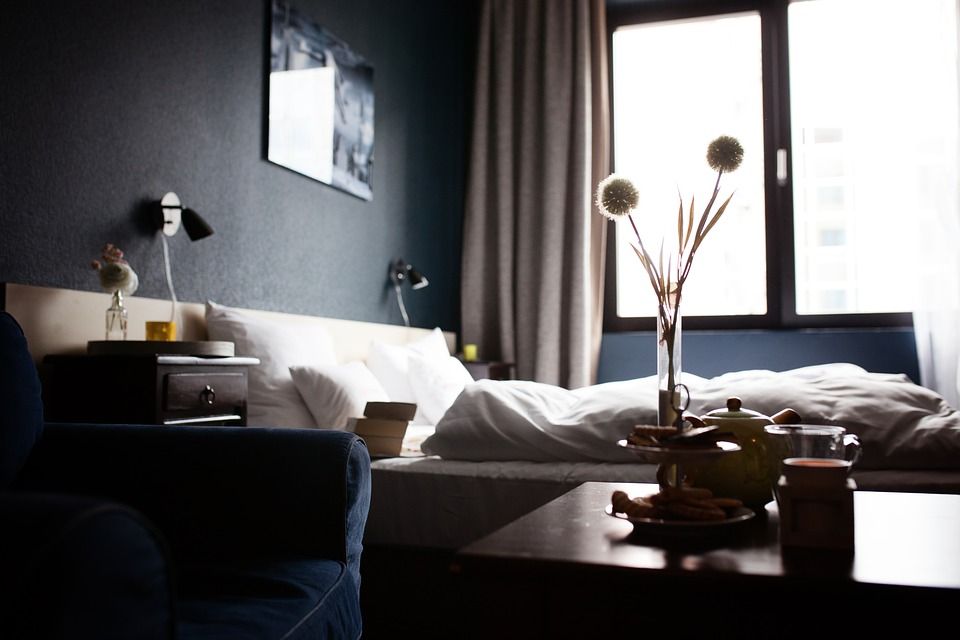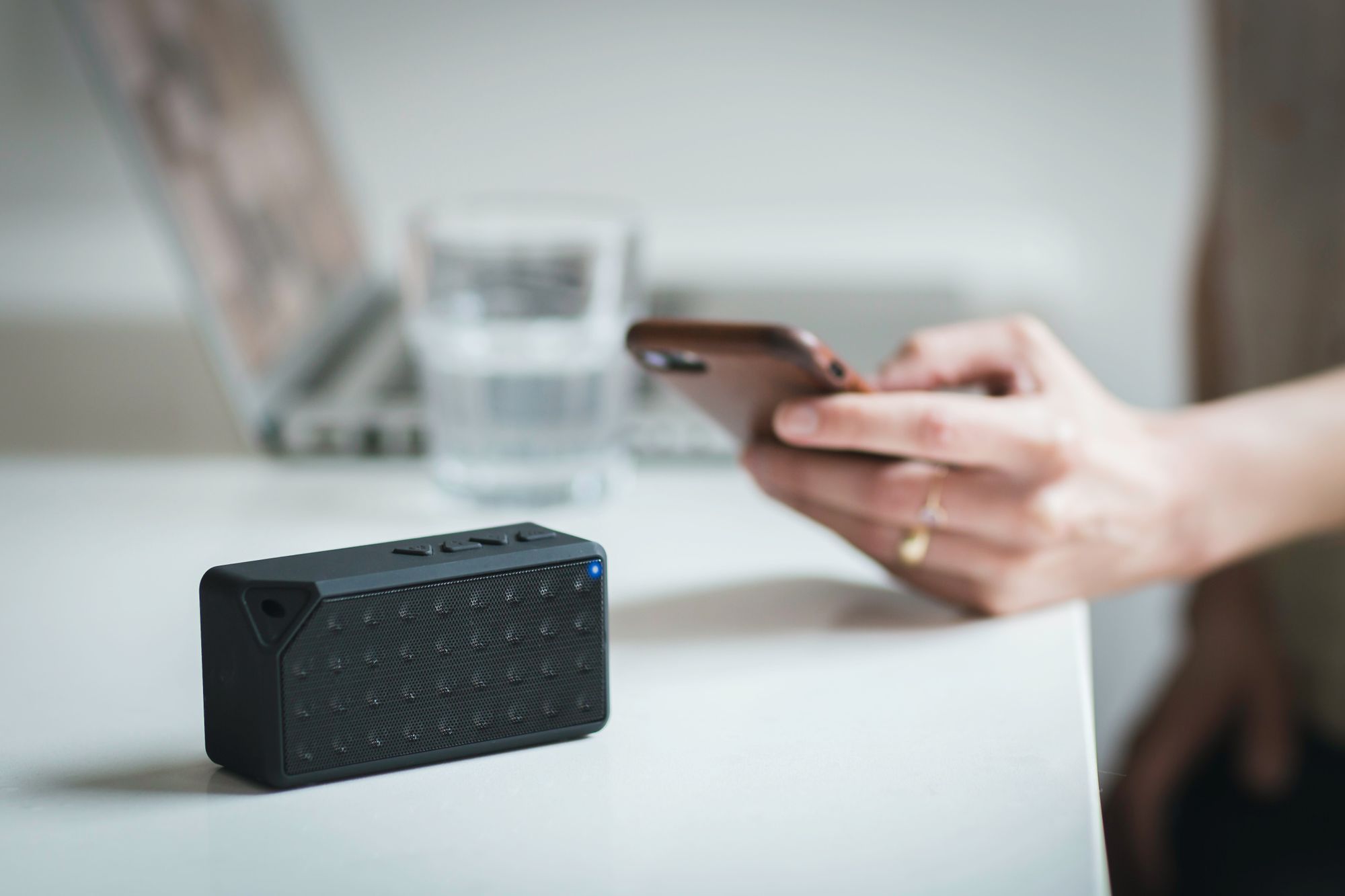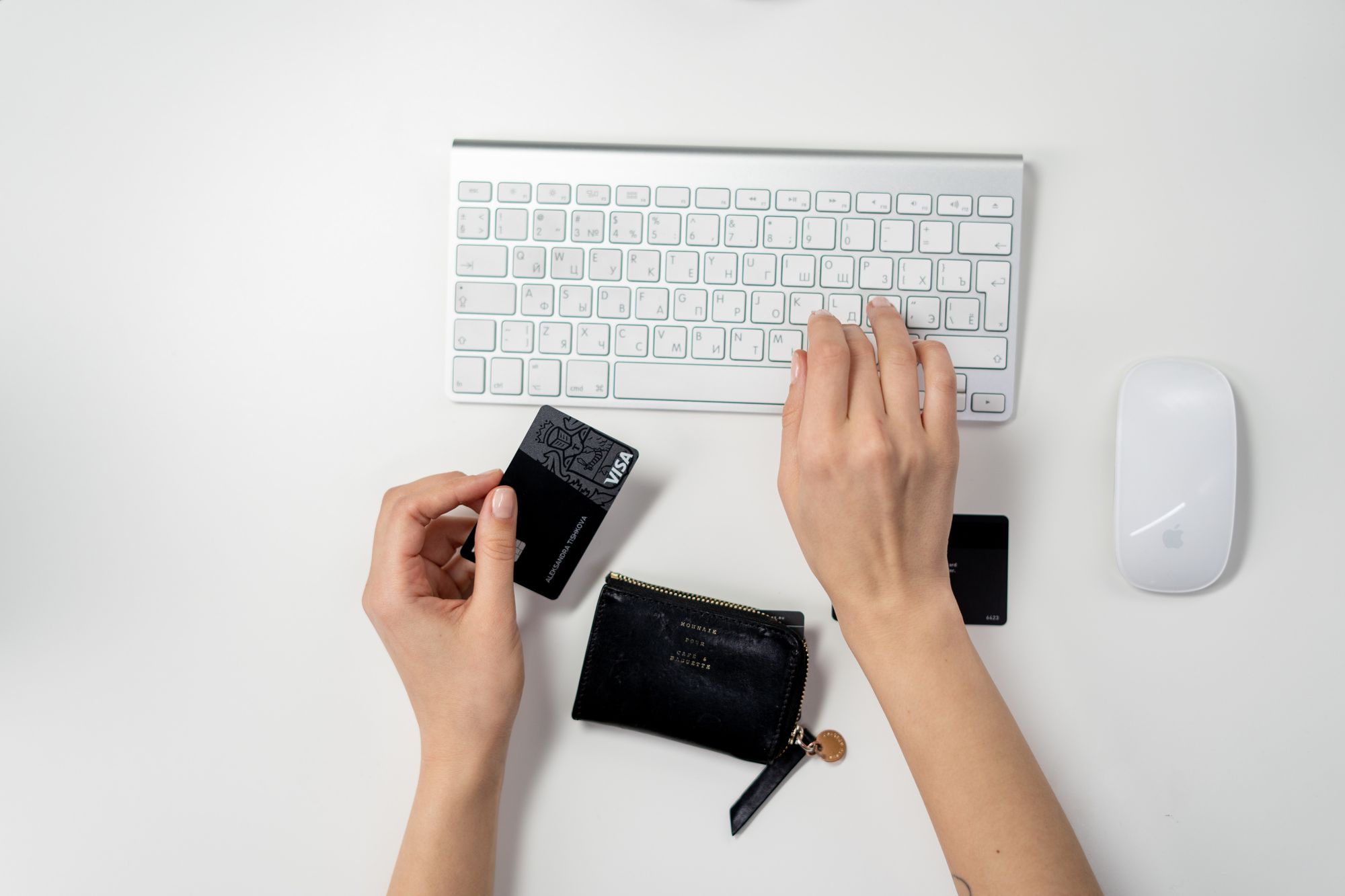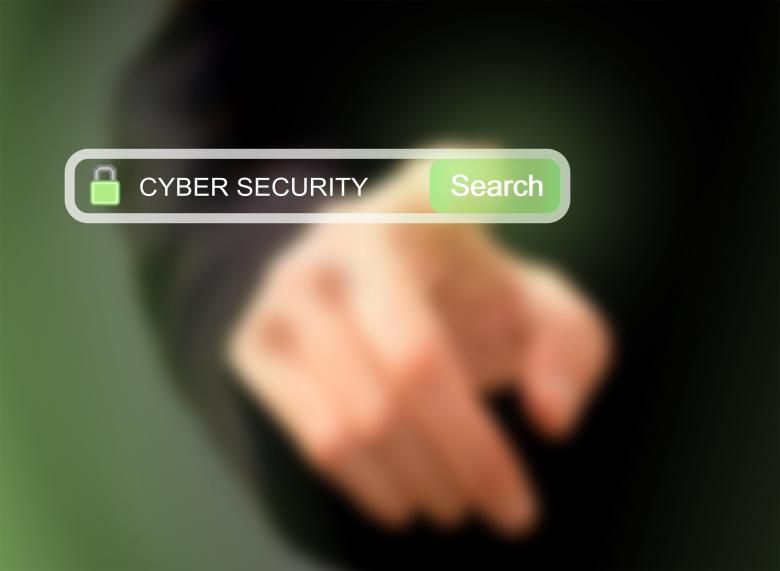
“Is it safe to use hotel WiFi?”
“Can hotels snoop on your Internet access and see what website you visit on their WiFi?”
If you care about your personal security and also have a passion for traveling, we bet you’ve asked yourself these questions at least once in your life.
And, rightly so.
While your hotel management can make some bold claims about their wireless network being as secure as the Pentagon’s defense system, in 99% of cases, this will be no more than lip labor to sell you on booking.
The truth is hotel WiFi has never been safe by any means, and all the sensitive information that you transmit using it, for example, your credit card details, can easily be tracked.
The same can happen to the history of your online searches as, technically, your hotel’s WiFi admin can also see your Internet history.
But, why are hotel WiFi hotspots so unsafe?
And, is there anything you can do to protect and hide your delicate data while traveling?
In this article, we are going to answer all of these questions.
So, let’s dive deep into the details.
Is Hotel WiFi Safe

Hotel WiFi security is quite weak, and there are some reasons behind this.
First of all, the whole purpose of providing you free WiFi Internet access at a hotel is to make your stay there pleasant and comfortable, which, as it’s commonly perceived, has nothing to do with cybersecurity.
Secondly, hotel owners usually aren’t really willing to invest their money on infrastructure that could offer you at least some degree of online privacy and protection.
So, probably, the best thing you can expect from your hotel in terms of WiFi security is a weak password associated with your hotel room number.
However, oftentimes hotels don't even bother to set up authentication for their guest WiFi users, let alone proper protection and data encryption.
As a result, hotel visitors often fall prey to hacker attacks, data theft, and third-party monitoring.
Want to hide your browsing history?
Take vpnzone for a risk-free 3-day test drive and surf the web safely and anonymously.
Get access to all vpnzone features. No limits set!
Start a 3-day trial for $1
Trial subscription won’t automatically upgrade or renew
Strict no-log policy
Do hotels monitor WiFi
While hotels may not track your connection intentionally, it is still possible for them to monitor their wireless network.
The thing is hotel servers aren’t unique — they’re pretty much the same as servers of any other entity.
This means they also collect log files of your Internet usage and a lot of data pertaining to your digital identity and browsing habits.
It isn't really good for your privacy, is it?
On the whole, the log files that the hotel servers keep can reveal the following information about your Internet activities:
- The exact time when you connected to the Internet
- Time that you spent online
- Time spent on a particular website
- Specific URLs you visited on a particular website
- Unencrypted HTTP traffic
- Source & destination IP addresses
However, hotel servers can also keep some personal details about your real identity.
These details are recorded by hotel staff before you check into a hotel and usually contain your name, surname, room number, etc.
Of course, as we’ve already said, your delicate data may not be of any interest to the personnel of the hotel you are at (well, who knows), but often it’s all not about the personnel.
The biggest threat to any traveler today, as you may have guessed, is hotel hackers.
That is true.
Cybercriminals are absolutely fond of hacking unsecured hotel WiFi connections, and there are even some elite hacker groups (check DarkHotel and APT28 groups) that target solely the hospitality sector.
The reason why they do this is simple:
- WiFi is, by nature, flawed technology
- Hotels do not do almost anything to protect their visitors’ connections.
So basically, each time you connect to a wireless network without properly encrypting your Internet traffic, there is a high probability you’ll get on the radar of cybercriminals and will have your sensitive data stolen.
Is It Safe To Use Hotel WiFi For Banking

Obviously, it’s not.
By connecting to an unencrypted hotel network, you leave your hotel Internet connection exposed to different kinds of cyberattacks, the most dangerous being man-in-the-middle or MITM attacks.
The MITM attack is a type of cyberattack where a hacker sneakily inserts himself between your device and the server your device communicates with.
By doing so, the hacker intercepts all the data that is transmitted from and to your device and then uses it for his shady purposes.
So, if you try to use online banking on a hotel Wi-Fi connection without taking appropriate security measures, you can literally lose all the savings on your bank account.
What you have to remember is everything that you type in on your laptop or smartphone on a guest WiFi, be it account credentials, passwords, banking information, or other valuable data, can be potentially snooped on.
That is why it is wise to use reliable encryption tools to prevent yourself from becoming a victim of cybercrime.
How To Stay Protected On Your Hotel’s WiFi
Given the fact that hotels do not care about your personal security, it is in your interest to protect yourself from hackers and third-party monitoring.
Here is how you can do this:
- Know the potential risks
Be advised that unprotected WiFi hotspots may pose a great danger to you as a traveler. They are the best place for hackers to steal people’s data.
- Avoid logging in into highly-vulnerable accounts
Avoid using online banking and other financial services on a hotel WiFi connection. Do not log into accounts that may leak valuable data when hacked.
- Make sure a WiFi hotspot isn’t fake
Often, hackers set up fake WiFi hotspots (also called evil twin networks) to trick their users into thinking they are legitimate. So, if your device detects two hotspots with similar names, do not connect to any of them and better ask your hotel’s staff which hotspot is the real one.
- Enable your firewall
Do not forget to keep your firewall enabled. A good firewall creates a lot of obstacles on a path of a hacker trying to intrude into your system.
- Keep your antivirus software on
Always keep your antivirus software turned on and run regular virus scans so that even if somebody tries to infect your device with malware, you’ll be able to immediately detect and get rid of it.
- Encrypt your online data
VPNs are great security tools for you to encrypt your online data and stay safe on an unsecured guest WiFi. A virtual private network hides your real IP address and ciphers all the data that you send and receive on the Internet, keeping you under the radar of hackers and snoopers.
How Does VPN Secure Your Data On Hotel WiFi

Hotels are not the only place where you can use a VPN to shield your sensitive data.
In fact, you can do this anytime you feel you need to add an extra layer of protection to your Internet connection.
For those who are interested to know a bit more about how a virtual private network protects your data on hotel WiFi and anywhere else, here is a quick explanation.
Each time when you turn your VPN software on, it creates a secure encrypted tunnel for your data to travel through.
This tunnel acts as an intermediary between your device and a remote VPN server, so all the data that is transmitted during a VPN session is solidly encrypted, and no one can read it.
What is more, to be able to read your data, a hacker or snooper must actually know that the data is coming from you, and since a VPN disguises your IP address, this also becomes impossible.
Is it safe to use a VPN with hotel WiFi?
Yes, using a VPN with hotel WiFi is safe.
Firstly, a VPN is completely legal technology, and nobody can restrict you from taking advantage of it.
Secondly, VPNs are great tools for data protection in an unsecure environment, such as a guest WiFi network.
So with a VPN, you can enjoy your favorite Internet activities without worrying that someone compromises your online safety.
Can a hotel monitor what sites you visit if you use a VPN?
No, it can’t.
Each time when you connect to a VPN server, you’re assigned an IP that is completely different from the one that is given to you by a hotel.
So, everything that the hotel can see is that some visitor is using a VPN, but nothing more than that.
VPN For Traveling: What Else You Can Do With A VPN
Except for protecting your private data and hiding your IP, you can use a VPN service for many more purposes, especially if you travel a lot.
The only thing you need to do before going for a particular VPN service is to check whether it’s reliable enough, and you’re good to go.
Here is what you can do once, for example, you’ve subscribed to one of our VPN plans:
- Bypass digital censorship
With the help of vpnzone, you can bypass all online censorship restrictions and enjoy Internet freedom in any country in the world.
- Stream your favorite shows
vpnzone allows you to watch your favorite shows in HD right in your hotel room.
Just choose a server that is located in your home country and watch your favorite content with little to no buffering.
- Find fair deals
vpnzone allows you to buy cheaper flight tickets and avoid getting overcharged when shopping online.
- Get rid of unwanted ads
No one loves being bombarded with ads.
You can use vpnzone to get rid of banners and pop-ups that advertisers send to your IP address.
That’s, of course, only a part of things that you can do with a VPN.
Visit our what is VPN page if you want to learn more about the VPN technology.
Wrapping Things Up
Hopefully, we’ve managed to elaborate on the topic and provide you with the information you were looking for.
Here is a short summary of the article:
- Hotels can monitor what websites you visit on their WiFi
- Hotel Wi-Fi security is weak
- Using online banking on a hotel WiFi isn't safe
- A VPN service can hide your browsing habits from hotels and other third parties
- Hotels aren't able to see your Internet history if you use a VPN
- A VPN can be utilized for a variety of different purposes